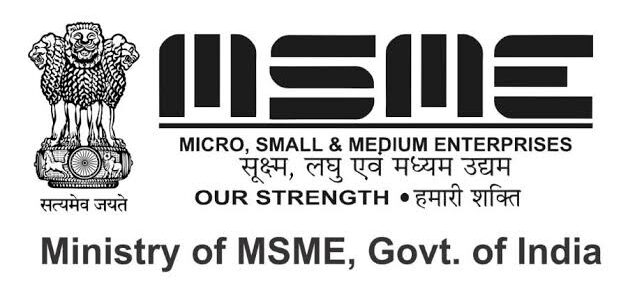A One Person Company (OPC) is a type of business entity that allows a single individual to own and operate a company with limited liability protection. It is governed by the Companies Act, 2013. Here is a detailed overview of various aspects of an OPC in India:
1. Definition and Nature
- Definition: An OPC is a company that has only one person as its member. It provides the benefits of a private limited company, such as limited liability and a separate legal entity, but with simplified compliance requirements.
- Nature: OPC is a separate legal entity distinct from its owner, providing limited liability protection and perpetual succession.
2. Registration
- Mandatory: Registration is mandatory under the Companies Act, 2013.
- Process:
- Digital Signature Certificate (DSC): Obtain DSC for the sole member.
- Director Identification Number (DIN): Obtain DIN for the sole member.
- Name Approval: Apply for the name approval of the OPC through the MCA portal.
- Incorporation Form: File Form SPICe+ (Simplified Proforma for Incorporating a Company Electronically) with the Registrar of Companies (RoC) along with the required documents.
- Memorandum and Articles of Association: Prepare and submit the Memorandum of Association (MOA) and Articles of Association (AOA).
To get your OPC registration, you can contact WynSwell for all such services. We offer pan-India services to ensure your business complies with all necessary regulations.
3. Licenses
- Trade License: Required from the local municipal corporation.
- GST Registration: Mandatory if the annual turnover exceeds ₹40 lakhs (₹20 lakhs for North-Eastern states).
- Professional Tax: Required if the business employs staff.
- FSSAI License: Required if the business is involved in food-related activities.
- Other Licenses: Depending on the nature of the business, additional licenses may be required.
4. Taxation
- Income Tax: OPCs are taxed at a flat rate of 30% on their income, plus surcharge and cess as applicable.
- Dividend Distribution Tax (DDT): Not applicable after the abolition in Budget 2020.
- GST: If registered under GST, the OPC must comply with filing monthly/quarterly returns and annual returns.
5. Audit
- Mandatory: Audit of financial statements is mandatory irrespective of the turnover.
- Tax Audit: Required if turnover exceeds specified limits or if the business opts for presumptive taxation and income claimed is lower than the presumptive income.
6. Accounting Rules
- Bookkeeping: Maintain accurate records of all financial transactions.
- Financial Statements: Prepare Profit & Loss Statement and Balance Sheet annually.
- Cash Flow Management: Crucial for the sustainability of the business.
- Filing Requirements: File annual financial statements and annual returns with the RoC.
7. Scope and Types
- Scope: Suitable for small entrepreneurs, professionals, and businesses seeking limited liability protection with a single owner.
- Types: OPCs can engage in various types of businesses, including professional services, manufacturing, trading, and more.
8. Banking Norms
- Separate Bank Account: Recommended to open a current account in the name of the OPC.
- KYC Norms: Banks require proof of identity, address proof, OPC incorporation certificate, MOA, AOA, and PAN of the OPC.
9. Regulations
- Compliance with Companies Act: Adherence to the Companies Act, 2013.
- Labor Laws: Compliance if the business employs staff.
- Consumer Protection: Adherence to consumer protection laws.
- Environmental Regulations: Compliance with environmental norms if applicable.
Advantages
- Limited Liability: Owner’s liability is limited to the amount invested in the company.
- Separate Legal Entity: OPC is a separate legal entity distinct from its owner.
- Perpetual Succession: The company continues to exist even after the owner’s death or incapacity.
- Ease of Management: Simplified compliance and management with a single owner.
Disadvantages
- Limited Growth Potential: Restricted to a single shareholder, which may limit capital raising and growth.
- Compliance Requirements: Although simpler than private limited companies, OPCs still have compliance requirements.
- Conversion Restrictions: OPC must convert to a private or public limited company if its paid-up capital exceeds ₹50 lakhs or average annual turnover exceeds ₹2 crores.
Conclusion
An OPC is suitable for small entrepreneurs, professionals, and single-owner businesses seeking limited liability protection and a separate legal entity. However, the compliance requirements and growth limitations must be carefully considered.
For assistance with your OPC registration and other compliance needs, contact WynSwell. We offer comprehensive services across India to help you focus on growing your business without worrying about compliance issues.












